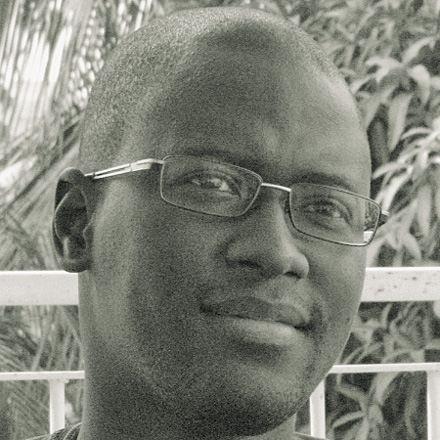Inflation
Ugandan government sees inflation as external shock

According to the Uganda Bureau of Statistics, the price of cooking oil increased by 21 % between December 2021 and February 2022, and the annual rise was 77.6 %. In February, a laundry-soap bar cost 20 % more than in December and almost 50 % more than one year earlier. The petrol price surged by 15.3 % in three months and by 34 % in 12 months.
Matia Kasija, Uganda’s minister of finance, says the trend is driven by forces beyond the country’s borders. First, Covid-19 restrictions across the world disrupted supply chains, leading to higher transport costs and shortages of much-used commodities. Then Russia’s attack on Ukraine added to the problems. Both countries normally provide great volumes of staple foods to the world market (see Claudia Isabel Rittel on www.dandc.eu), and Russia is an important exporter of fossil fuels.
According to the finance ministry, Uganda’s annual headline inflation rate was 3.7 % in March, which is moderate compared with other countries. Kenya recorded five percent, and the USA even 8.5 % in March. Inflation is indeed a global phenomenon.
“The main causes of the recent increase in commodity prices are external and thus beyond the ability of policymakers in any country to deal with directly,” Kasaija said. He sees no reason to panic and expects the temporary situation to subside “sooner or later”.
Staying neutral on Russia and Ukraine
Like many African countries, Uganda has so far maintained a neutral stance on the Russia-Ukraine conflict. In the UN General Assembly, it abstained in all recent votes regarding Russia – both in regard to the resolution condemning Russia’s invasion of Ukraine and the removal of Russia from the Human Rights Council. The background is that many Africans feel uncomfortable about siding with “the west” (see Imme Scholz on www.dandc.eu). It is a wide-spread impression that G7 nations all too often do not live up to their promises and never accounted for a brutal colonial history.
To some extent, Russia is benefiting from such sentiments even though it has clearly broken international law and its war is causing hardship. Indeed, Russian propaganda wants Africans to believe that the EU and the USA have exacerbated inflationary pressures by imposing economic sanctions.
The daily lives of many Ugandans are becoming harder because of inflation. Small businesses are feeling the pinch. Nanyonga Shamim, who owns a grocery store in Kampala, says that she had to increase the prices of tomatoes and onions because of higher transport costs. The onions are imported from Kenya where fuel prices have risen too. At the same time, she has seen demand for her goods fall because many customers can no longer afford them.
Issa Bogere, who operates a commercial motorcycle taxi (boda boda) says that he now must charge his clients more for rides because petrol prices have been rising since 2021. He reports that “many previous customers are choosing to walk instead of taking an expensive boda-boda ride.” He would like the government to do something to stop inflation.
Gloomy outlook
Amidst common public dissatisfaction, however, the Ugandan government has consistently stated it does not want to adopt subsidies, price controls or tax cuts to address exogenous shocks. Things may yet get worse, however. The International Monetary Fund warns that growth is slowing down and that higher interest rates in prosperous nations are set to make it harder for developing countries to service debts. Ngozi Okonjo-Iweala, the former Nigerian finance minister who now heads the World Trade Organization (WTO), has warned that shortages caused by the Ukraine war may trigger food riots. It matters, moreover, that poverty and inequality have generally become worse in the pandemic (see my previous comment on www.dandc.eu)
The full truth is that African governments must cope with sudden problems they did not cause. And that compounds long-term challenges like global heating, which they did not bring about either (see David Mfitumukiza on www.dandc.eu).
Ronald Ssegujja Ssekandi is a Ugandan author and edits D+C/E+Z’s Nowadays column.
sekandiron@gmail.com











